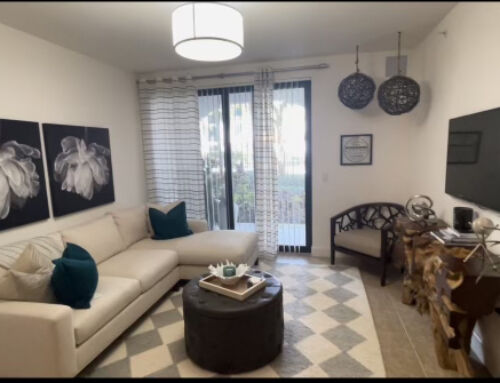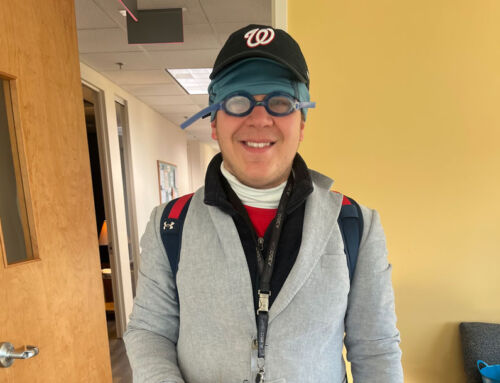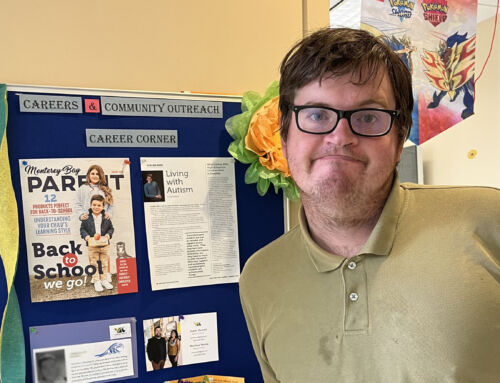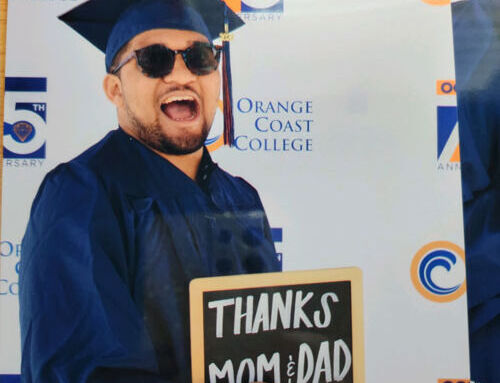By Taylor Browne, Academic Tutor CLE Austin
“I think I may say, that, of all the people we meet with, nine parts of ten are what they are, good or evil, useful or not, by their education.”
– John Locke
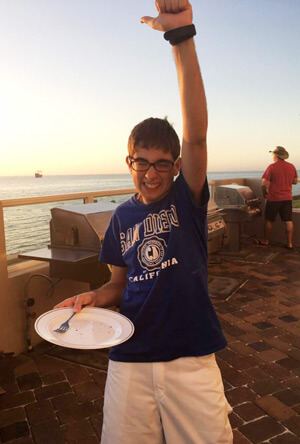 One of the primary differences between CLE and your average educational system is that CLE’s goal does not stop at preparing students for their upcoming calculus exams (though these are very important and, for English teachers like myself, scary). CLE goes beyond this. The aim at CLE is to equip students with the necessary tools to not only flourish in academia, but in all aspects of life.
One of the primary differences between CLE and your average educational system is that CLE’s goal does not stop at preparing students for their upcoming calculus exams (though these are very important and, for English teachers like myself, scary). CLE goes beyond this. The aim at CLE is to equip students with the necessary tools to not only flourish in academia, but in all aspects of life.
Conflict, unfortunately, is an inescapable facet of life. Thankfully, how one approaches and deals with conflict is wholly up to the individual. And while we cannot always be there for our students when they come up against the challenges of everyday life, we can arm them with one of the greatest tools education has to offer.
Critical Thinking — the objective analysis and evaluation of an issue in order to form a judgment — encourages not only rational thought, but compassion and understanding.
It is the best tool an individual, a society, a culture, a nation, a people, etc. can possess. Empathy is the first casualty in conflict. It is easier to demonize than to try and understand someone else’s point of view. It is even more difficult to try and accept that both you and the other person’s opposing emotional stances are simultaneously valid, however paradoxical that may seem.
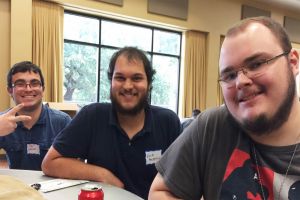 Last semester one of my students found themselves in a bit of a difficult time. It seemed that all at once every aspect of his life became strained. He began to have rows with his parents, some of his core friendships became rocky, and his grades began to slip. This last one being my primary duty to rectify, I attempted to help my student through this turbulent time by “buckling down” and “gettin’ to work” as my father would say.
Last semester one of my students found themselves in a bit of a difficult time. It seemed that all at once every aspect of his life became strained. He began to have rows with his parents, some of his core friendships became rocky, and his grades began to slip. This last one being my primary duty to rectify, I attempted to help my student through this turbulent time by “buckling down” and “gettin’ to work” as my father would say.
However, becoming more stringent in my tutoring style had little to no effect, other than making my student more frustrated. The student snapped at me, clearly worn out and upset. He said his day had been “horrible,” he had gotten into another argument with his folks that morning, and that I wasn’t helping. I stated that I was only trying to help him succeed in a class that was clearly causing anxiety due to procrastination.
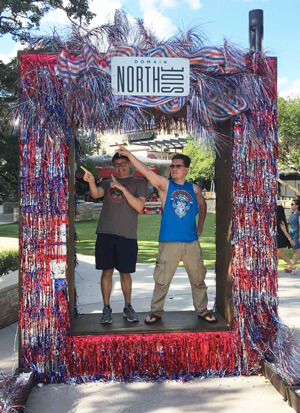
This wasn’t a breakthrough moment by any means.
The mood remained tense and the homework unfinished. While we had at least attempted to communicate and express ourselves, we had both acted almost entirely on our emotions. However, the next time we had a session we began to consider the other person’s perspective. We stopped thinking about things solely from our point of view and objectively looked at the situation as a whole. We discussed the student’s conflict with his parents. The student, while voicing his own feelings, also contemplated his parents’ perspective. He came to understand that, while at times annoying, the impetus for his parents’ negative emotions and behaviors stemmed from concern and love.
More importantly, however, we also discussed the conflict within the student. He had been visibly aggravated beyond simply not wanting to do work when tired. This was a frustration that ran deeper than that. The student expressed anger with his class. I suggested that perhaps the student was not angry with the course itself, but his performance in it. This was a perfectly natural reaction to have from poor results and failure, I said. In fact, it was a good sign that the student felt this way; it meant that the student recognized that there was a problem. However, I stressed that allowing anger to overwhelm, as opposed to understanding where the emotion comes from, was the wrong way to resolve the conflict. Once we both began to think objectively and understand the source of our emotions the sessions became more productive, the homework less daunting, and the conflict less consuming.
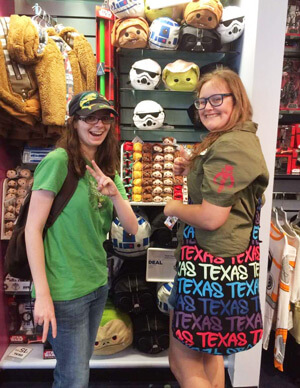 While the facilitation of learning for the task at hand is important (completing homework, projects, essays, etc.), the need to create critical thinkers who will continue to learn outside of the classroom is equally paramount. CLE strives not to simply push out high test scores (though those are nice), but to help our students become independent critical thinkers who, at the end of the day, won’t need our help anymore. If we do our job correctly then we teach our students the skills to take on strife, trial and conflict with an open mind and a skillset for critical reflection.
While the facilitation of learning for the task at hand is important (completing homework, projects, essays, etc.), the need to create critical thinkers who will continue to learn outside of the classroom is equally paramount. CLE strives not to simply push out high test scores (though those are nice), but to help our students become independent critical thinkers who, at the end of the day, won’t need our help anymore. If we do our job correctly then we teach our students the skills to take on strife, trial and conflict with an open mind and a skillset for critical reflection.

